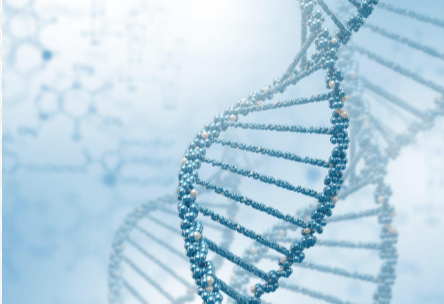Recognizing Dental Emergencies and When To Seek Help
Dental emergencies can happen unexpectedly and often require immediate attention to prevent further complications. From severe toothaches to knocked-out teeth, knowing how to recognize urgent dental issues is key to protecting oral health. Here’s more information on recognizing and seeking help for dental emergencies:
Common Types of Dental Emergencies
Several dental problems qualify as dental emergencies that need quick treatment. Here’s a structured list to help identify when immediate dental care is necessary:
- Knocked-out teeth: This is a serious dental emergency. Acting quickly and visiting a dentist can make all the difference.
- Severe toothaches: Persistent or worsening pain that radiates to the jaw, head, or neck signals a serious issue inside the tooth.
- Chipped or broken teeth: The severity of the damage determines the urgency. Large breaks or cracks require immediate attention to prevent infection.
- Abscessed teeth: Dangerous infections caused by bacteria form at the tooth’s root or between the tooth and gum. Left untreated, this infection can spread and become life-threatening.
- Facial or mouth swelling: Swelling typically indicates infection and may block the airway or spread to key areas like the neck or brain. Immediate medical care is fundamental in these cases.
Recognizing these symptoms and acting quickly can prevent complications while preserving your oral and overall health.
Signs You Need Immediate Dental Help
Certain symptoms are signs of dental emergencies that need immediate dental care. Severe pain that over-the-counter medicine can’t control needs professional help. Pain that keeps you awake at night or makes it hard to eat or drink signals a serious problem.
Bleeding that won’t stop after some minutes of applying pressure requires emergency care. Heavy bleeding from your mouth could mean serious injury to your gums, tongue, or other soft tissues. Watch out for signs of infection. Signs of infection include fever, swollen lymph nodes, or a bad taste in your mouth. These symptoms often mean bacteria are spreading and your body is fighting an infection. Difficulty swallowing or breathing due to mouth pain or swelling requires immediate medical attention. These symptoms can become life-threatening quickly.
What To Do Before Reaching the Dentist
Taking the right steps before visiting the dentist make a significant difference in your treatment outcome. For knocked-out teeth, handle the tooth by the crown (the visible white part) and avoid touching the root. Rinse it gently with water if it’s dirty, but don’t scrub it. Try to put it back in the socket if possible, or keep it in milk until you reach the dentist.
For severe toothaches, rinse your mouth with warm saltwater and take over-the-counter pain medication as directed. Apply a cold compress to the outside of your cheek to reduce swelling. For chipped or broken teeth, save any pieces you can find and rinse your mouth with warm water. Cover sharp edges with sugar-free gum or dental wax to protect your tongue and cheeks. For all emergencies, call your dentist immediately to report the incident. Many dental offices have emergency numbers for after-hours situations.
See also: How Natural Supplements Support Health and Longevity
Schedule Same-Day Appointment for Dental Emergencies
Dental emergencies can happen to anyone at any time. Knowing how to recognize serious problems and take the right first aid steps can protect your oral health and potentially save your teeth. For severe pain, swelling, or any other signs of a dental emergency, contact a dentist near you to schedule same-day emergency dental care.






